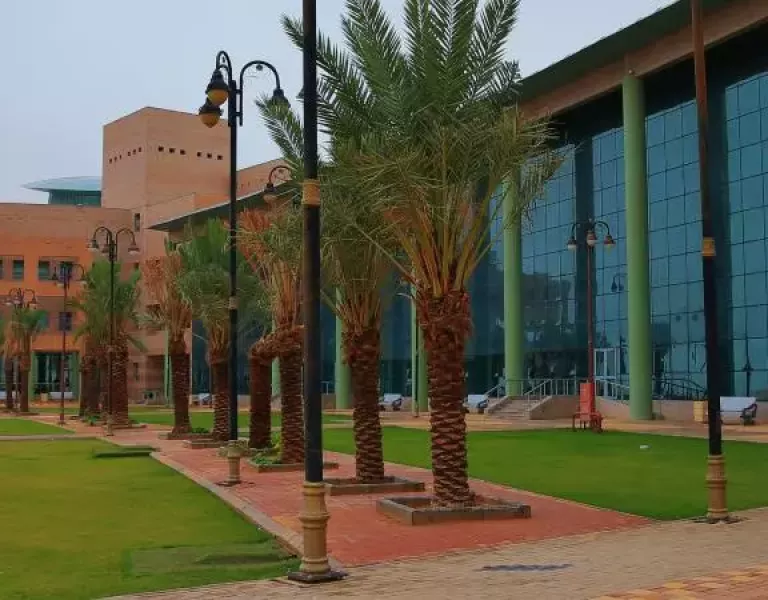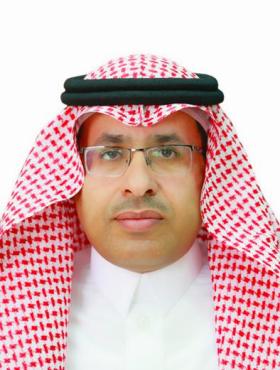The Scientific Council is an institutional entity that exercises the powers and responsibilities outlined in the Higher Education Council System. Its purpose is to contribute to the achievement of the university's vision, mission, and objectives, while also enabling colleges, deanships, and various organizational units to fulfill their duties according to established standards and indicators.
The Scientific Council carries out tasks as specified in the Higher Education and Universities System, particularly in Articles 28-31. These tasks include making decisions and recommendations on matters such as the appointment of faculty members, academic promotions, academic publishing, full-time employment, academic communication, attending academic courses, hiring part-time professors, and other related responsibilities.
The Council meets at least once a month upon the invitation of its Chairman. The Chairman can call additional meetings when necessary, or if one-third of the members submit a written request. The University President may also request a meeting and include any issue they deem relevant on the agenda; they can chair the Council if they attend. For a meeting to be valid, at least two-thirds of the members must be present.
Decisions made by the Scientific Council require an absolute majority of votes from those in attendance. In the event of a tie, the Chairman's vote will prevail. Decisions take effect unless the University President objects within fifteen days of receiving them. If there is an objection, the President will return the decision to the Scientific Council with their comments for reconsideration. If the Council stands by its original decision, the objection will be referred to the University Council for further consideration in either a regular or extraordinary session. The University Council may ratify, amend, or overturn the decisions, and its ruling will be final.
The most important topics dealt with by the Secretariat of the Scientific Council include the following:
1. Requests for the appointment of faculty members at the university.
2. Requests for academic promotions for faculty members in accordance with the rules established by the University Council.
3. Requests related to scientific research, book writing, translation, and publication.
4. Requests for the evaluation of academic certificates submitted by Saudi faculty members.
5. Matters referred to it by the University Council.

